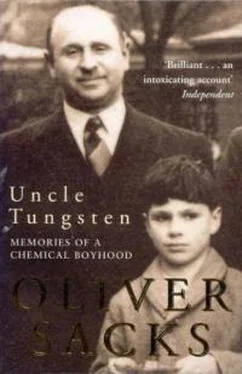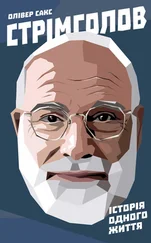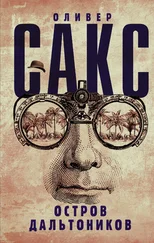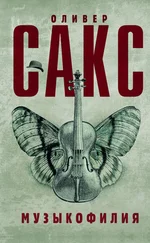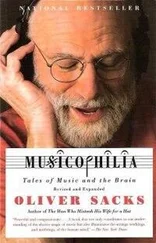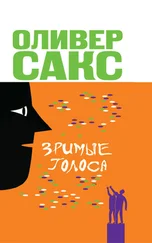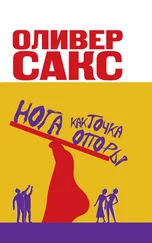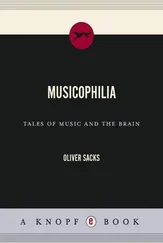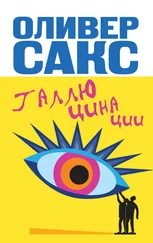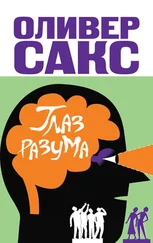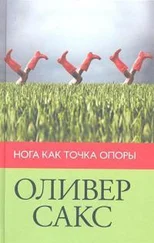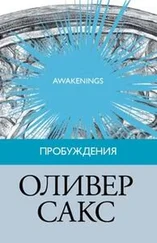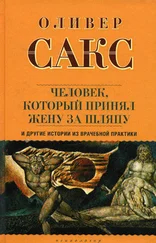Oliver Sacks
Uncle Tungsten. Memories of a Chemical Boyhood
Many of my childhood memories are of metals: these seemed to exert a power on me from the start. They stood out, conspicuous against the heterogeneousness of the world, by their shining, gleaming quality, their silveriness, their smoothness and weight. They seemed cool to the touch, and they rang when they were struck.
I loved the yellowness, the heaviness, of gold. My mother would take the wedding ring from her finger and let me handle it for a while, as she told me of its inviolacy, how it never tarnished. ‘Feel how heavy it is’, she would add. ‘It’s even heavier than lead.’ I knew what lead was, for I had handled the heavy, soft piping the plumber had left one year. Gold was soft, too, my mother told me, so it was usually combined with another metal to make it harder.
It was the same with copper – people mixed it with tin to produce bronze. Bronze! – the very word was like a trumpet to me, for battle was the brave clash of bronze upon bronze, bronze spears on bronze shields, the great shield of Achilles. Or you could alloy copper with zinc, my mother said, to produce brass. All of us – my mother, my brothers, and I – had our own brass menorahs for Hanukkah. (My father had a silver one.)
I knew copper, the shiny rose color of the great copper cauldron in our kitchen – it was taken down only once a year, when the quinces and crab apples were ripe in the garden and my mother would stew them to make jelly.
I knew zinc: the dull, slightly bluish birdbath in the garden was made of zinc; and tin, from the heavy tinfoil in which sandwiches were wrapped for a picnic. My mother showed me that when tin or zinc was bent it uttered a special ‘cry’. ‘It’s due to deformation of the crystal structure’, she said, forgetting that I was five, and could not understand her – and yet her words fascinated me, made me want to know more.
There was an enormous cast-iron lawn roller out in the garden – it weighed five hundred pounds, my father said. We, as children, could hardly budge it, but he was immensely strong and could lift it off the ground. It was always slightly rusty, and this bothered me, for the rust flaked off, leaving little cavities and scabs, and I was afraid the whole roller might corrode and fall apart one day, reduced to a mass of red dust and flakes. I needed to think of metals as stable, like gold – able to stave off the losses and ravages of time.
I would sometimes beg my mother to take out her engagement ring and show me the diamond in it. It flashed like nothing I had ever seen, almost as if it gave out more light than it took in. She would show me how easily it scratched glass, and then tell me to put it to my lips. It was strangely, startlingly cold; metals felt cool to the touch, but the diamond was icy. That was because it conducted heat so well, she said – better than any metal – so it drew the body heat away from one’s lips when they touched it. This was a feeling I was never to forget. Another time, she showed me how if one touched a diamond to a cube of ice, it would draw heat from one’s hand into the ice and cut straight through it as if it were butter. My mother told me that diamond was a special form of carbon, like the coal we used in every room in winter. I was puzzled by this – how could black, flaky, opaque coal be the same as the hard, transparent gemstone in her ring?
* * *
I loved light, especially the lighting of the shabbas candles on Friday nights, when my mother would murmur a prayer as she lit them. I was not allowed to touch them once they were lit – they were sacred, I was told, their flames were holy, not to be fiddled with. I was mesmerized by the little cone of blue flame at the candle’s center – why was it blue? Our house had coal fires, and I would often gaze into the heart of a fire, watching it go from a dim red glow to orange, to yellow, and then I would blow on it with the bellows until it glowed almost white-hot. If it got hot enough, I wondered, would it blaze blue, be blue-hot?
Did the sun and stars burn in the same way? Why did they never go out? What were they made of? I was reassured when I learned that the core of the earth consisted of a great ball of iron – this sounded solid, something one could depend on. And I was pleased when I was told that we ourselves were made of the very same elements as composed the sun and stars, that some of my atoms might once have been in a distant star. But it frightened me too, made me feel that my atoms were only on loan and might fly apart at any time, fly away like the fine talcum powder I saw in the bathroom.
I badgered my parents constantly with questions. Where did color come from? Why did my mother use the platinum loop that hung above the stove to cause the gas burner to catch fire? What happened to the sugar when one stirred it into the tea? Where did it go? Why did water bubble when it boiled? (I liked to watch water set to boil on the stove, to see it quivering with heat before it burst into bubbles.)
My mother showed me other wonders. She had a necklace of polished yellow pieces of amber, and she showed me how, when she rubbed them, tiny pieces of paper would fly up and stick to them. Or she would put the electrified amber against my ear, and I would hear and feel a tiny snap, a spark.
My two older brothers Marcus and David, nine and ten years older than I, were fond of magnets and enjoyed demonstrating these to me, drawing the magnet beneath a piece of paper on which were strewn powdery iron filings. I never tired of the remarkable patterns that rayed out from the poles of the magnet. ‘Those are lines of force’, Marcus explained to me – but I was none the wiser.
Then there was the crystal radio my brother Michael gave me, which I played with in bed, jiggling the wire on the crystal until I got a station loud and clear. And the luminous clocks – the house was full of them, because my uncle Abe had been a pioneer in the development of luminous paints. These, too, like my crystal radio, I would take under the bedclothes at night, into my private, secret vault, and they would light up my cavern of sheets with an eerie, greenish light.
All these things – the rubbed amber, the magnets, the crystal radio, the clock dials with their tireless coruscations – gave me a sense of invisible rays and forces, a sense that beneath the familiar, visible world of colors and appearances there lay a dark, hidden world of mysterious laws and phenomena.
Whenever we had ‘a fuse’, my father would climb up to the porcelain fusebox high on the kitchen wall, identify the fused fuse, now reduced to a melted blob, and replace it with a new fuse of an odd, soft wire. It was difficult to imagine that a metal could melt – could a fuse really be made from the same material as a lawn roller or a tin can?
The fuses were made of a special alloy, my father told me, a combination of tin and lead and other metals. All of these had relatively low melting points, but the melting point of their alloy was lower still. How could this be so, I wondered? What was the secret of this new metal’s strangely low melting point?
For that matter, what was electricity, and how did it flow? Was it a sort of fluid like heat, which could also be conducted? Why did it flow through the metal but not the porcelain? This, too, called for explanation.
My questions were endless, and touched on everything, though they tended to circle around, again and again, to my obsession, the metals. Why were they shiny? Why smooth? Why cool? Why hard? Why heavy? Why did they bend, not break? Why did they ring? Why could two soft metals like zinc and copper, or tin and copper, combine to produce a harder metal? What gave gold its goldness, and why did it never tarnish? My mother was patient, for the most part, and tried to explain, but eventually, when I exhausted her patience, she would say, ‘That’s all I can tell you – you’ll have to quiz Uncle Dave to learn more.’
Читать дальше
